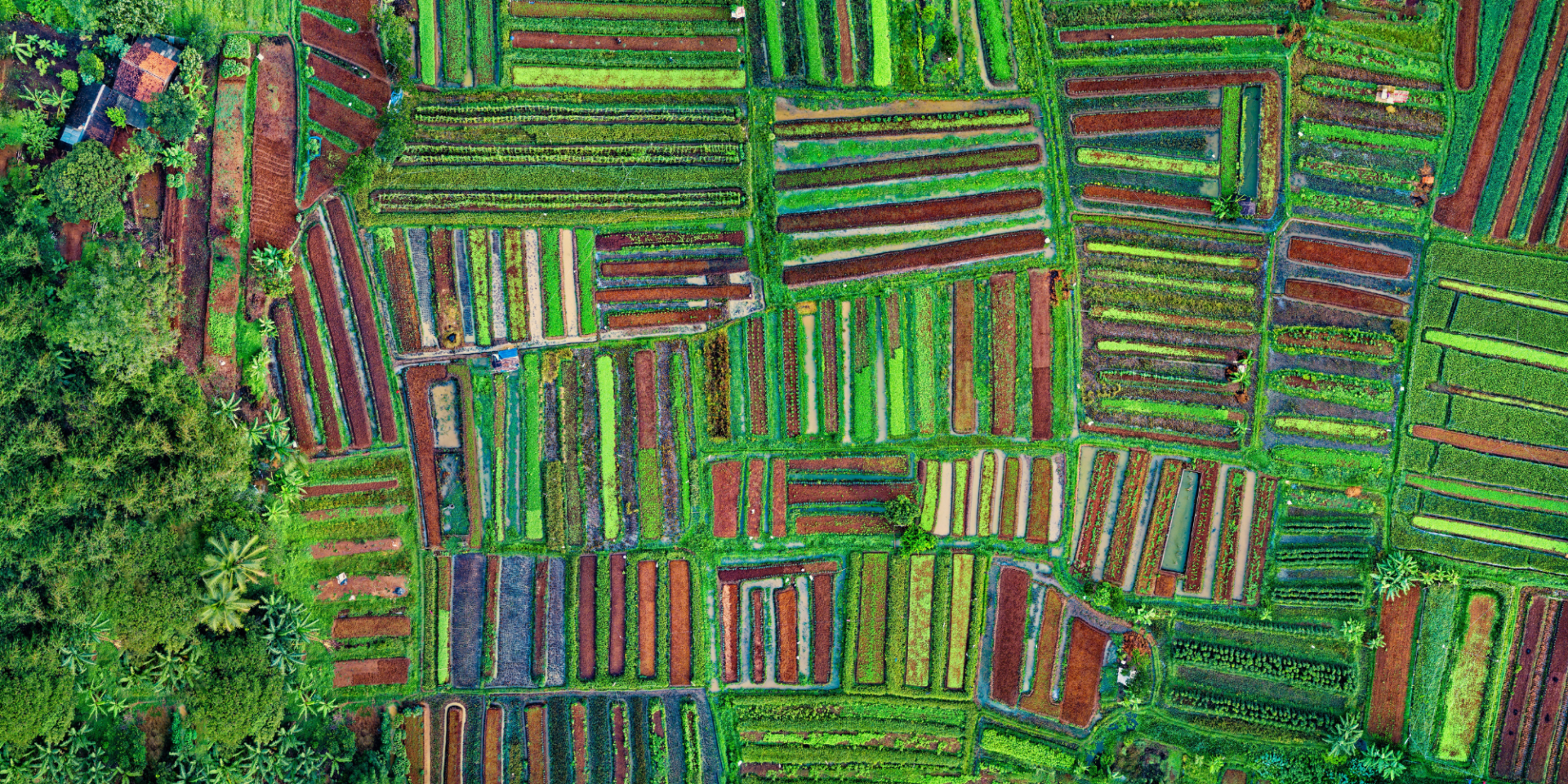The International Centre for Antimicrobial Resistance Solutions (ICARS) has selected the One Health and Development Initiative (OHDI) to lead a project aimed at ensuring the long-term, sustainable impact of antimicrobial resistance (AMR) solutions in low- and middle-income countries (LMICs). This project is being conducted in collaboration with the Ducit Blue Foundation and researchers from the Kwame Nkrumah University of Science and Technology (KNUST) in Ghana and Bayero University in Nigeria. A comprehensive resource guide will be developed, outlining practical strategies and best practices for the sustainable impact of AMR interventions across human health, animal health, and the environment. This initiative is being funded by Wellcome.
The need for sustainable AMR solutions
AMR is a growing global health crisis, posing a serious threat to public health, food security, and economic development. In LMICs, where healthcare infrastructure is often limited, the consequences of AMR are even more severe. Without urgent and sustainable interventions, AMR could push millions into poverty and jeopardise essential medical treatments. While AMR requires immediate action, ensuring the long-term sustainability of interventions is equally critical for lasting success.
Recognising this challenge, ICARS issued a Request for Proposals (RFP) aimed at developing a resource guide to help projects across sectors ensure that AMR interventions have a sustainable and lasting impact. The goal is to address the lack of cohesion and clarity around “sustainable impact,” providing stakeholders with actionable strategies that can be adapted and integrated into diverse LMIC contexts.
Announcing the One Health and Development Initiative as lead partner
ICARS is pleased to announce that the One Health and Development Initiative (OHDI) has been selected to lead this project. OHDI, in partnership with the Ducit Blue Foundation and researchers from KNUST and Bayero University, brings extensive expertise in the One Health approach and sustainable development. Their combined experience will be instrumental in developing a resource guide that will offer practical, context-specific strategies for ensuring that AMR interventions continue to deliver lasting benefits.
“We are excited to partner with the One Health and Development Initiative and their collaborators. This project will provide the framework for ensuring that AMR interventions in LMICs not only address immediate challenges but also offer sustainable, long-term solutions.” Lisa Haagensen, ICARS Senior Programme Manager, Monitoring, Evaluation, Accountability and Learning.
A comprehensive resource guide for sustainable AMR solutions
The AMR and sustainable impact project seeks to develop a comprehensive resource guide that will help stakeholders in LMICs maximise the long-term impact of their AMR interventions.
The resource will define sustainable impact in the context of AMR solutions and provide a comprehensive set of methodologies for achieving and measuring this impact across the One Health spectrum. These methodologies will be designed for integration into broader national systems and will complement the ICARS project model.
To develop this resource, the team will conduct an in-depth analysis of existing sustainable impact frameworks and practices that guide and assess the sustainable impact of interventions (policies, programmes, and practices) within human, animal, and/or environmental health domains. This will include assessing available tools, identifying barriers and enabling factors, defining key indicators for measuring impact, and drawing lessons from past interventions. The findings will inform practical recommendations tailored to AMR initiatives in low- and middle-income countries (LMICs).
Through this project, ICARS aims to bridge knowledge gaps, enhance policy integration, and support the scaling up of AMR interventions in LMICs, ensuring they are both effective and sustainable.
Impact on global AMR strategies
This collaboration marks a significant step forward in addressing the global AMR crisis by ensuring that interventions not only provide immediate benefits to the specific system, community or environment but also lead to long-lasting change in broader populations. By combining multi-sectoral insights and expertise, this project will create a roadmap for sustainable AMR solutions in LMICs, providing guidance for governments, organisations, and stakeholders working to address AMR.
 Funded by Wellcome.
Funded by Wellcome.

